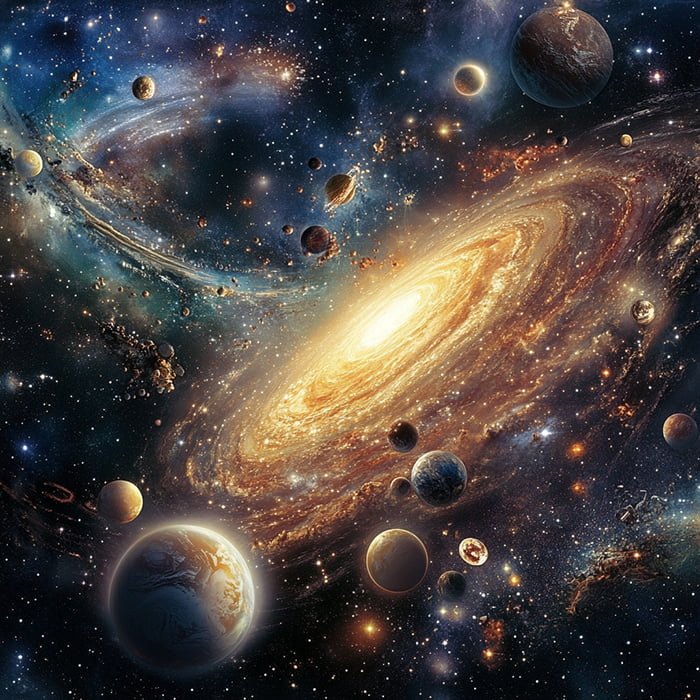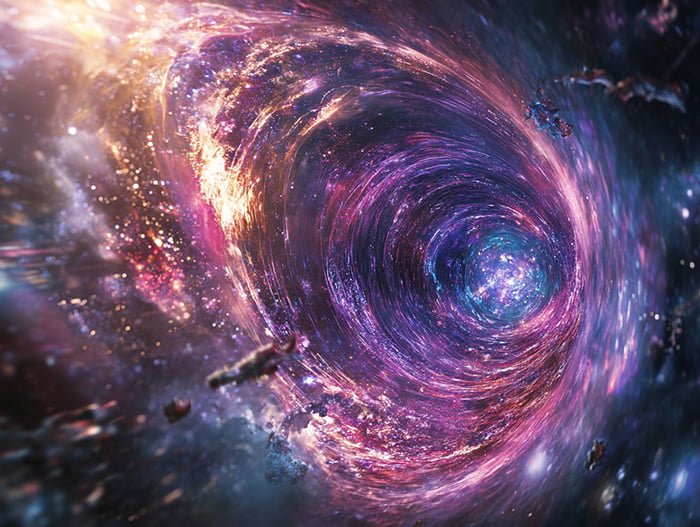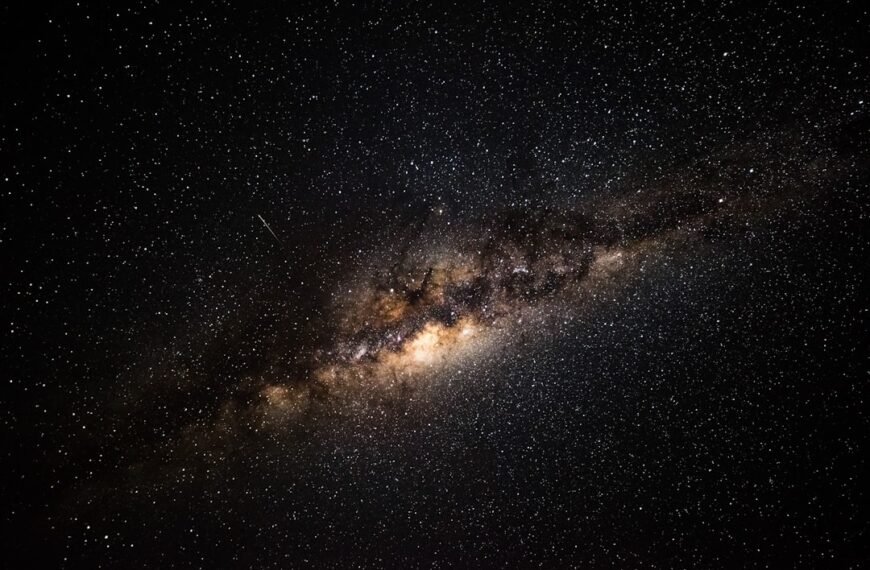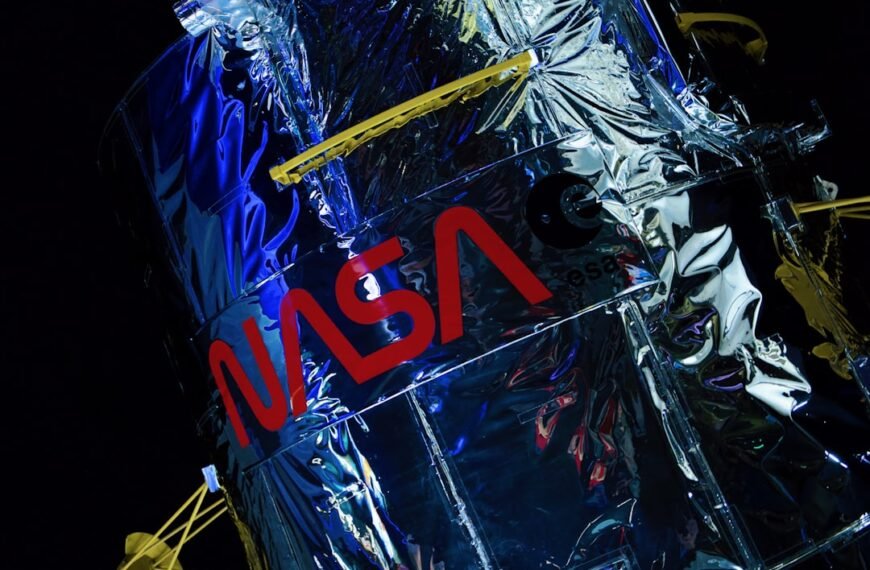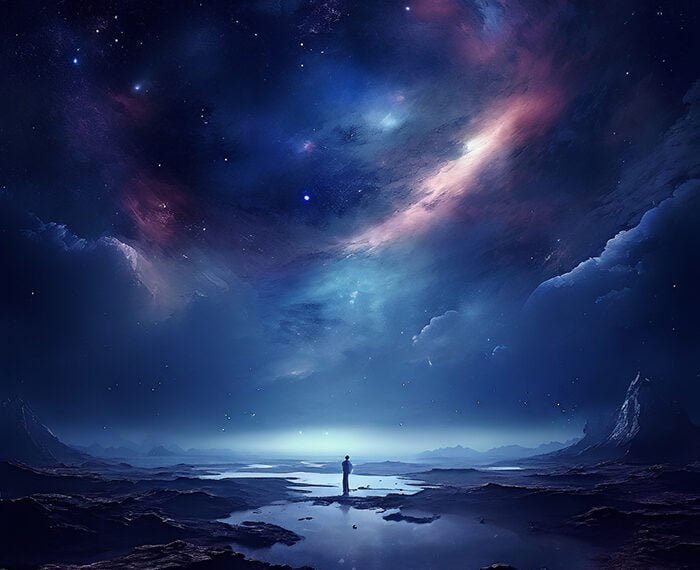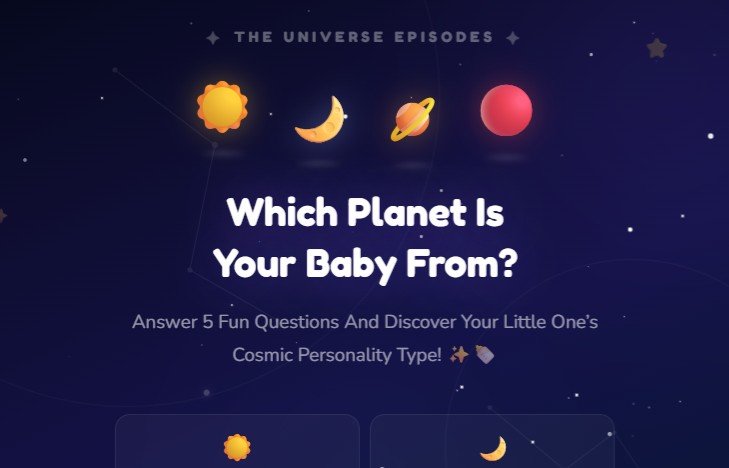Black holes have strong gravity; Earth’s risk of being swallowed is low, but nearby ones could disrupt orbits. Understanding is key.
Key Points Summary
- Black Holes Defined: Regions in space with gravitational forces so strong that nothing can escape.
- Likelihood of Earth Being Swallowed: Extremely low probability due to vast distances and the rarity of black holes in proximity.
- Gravitational Effects: A passing black hole could disrupt Earth’s orbit, leading to catastrophic consequences.
- Theoretical Scenarios: Speculative ideas about Earth being inside a black hole or the universe being a black hole.
- Importance of Understanding: This topic sheds light on cosmic events and the future of our planet, emphasizing the need for ongoing research in astrophysics.
Introduction
The notion of Earth being consumed by a black hole is a captivating yet alarming idea that has sparked the imagination of scientists and the public alike. This article delves into the scientific understanding of black holes, the likelihood of Earth encountering one, and the potential consequences of such an event. By synthesizing recent research and expert opinions, we aim to provide a comprehensive overview of this intriguing topic.
Understanding Black Holes
What Are Black Holes?
Black holes are astronomical objects with gravitational fields so intense that nothing, not even light, can escape their grasp. They are formed from the remnants of massive stars that have undergone gravitational collapse at the end of their life cycles. The core of a black hole is known as a singularity, where density becomes infinite and the laws of physics as we know them cease to function.
Types of Black Holes
Black holes can be categorized into three main types:
- Stellar Black Holes: Formed from the collapse of massive stars, typically having a mass between 3 and several tens of solar masses.
- Supermassive Black Holes: Found at the centers of galaxies, including our Milky Way, these black holes can have masses ranging from millions to billions of solar masses.
- Intermediate Black Holes: These are hypothesized to exist with masses between stellar and supermassive black holes, but their existence is still a subject of research.
The Likelihood of Earth Being Swallowed by a Black Hole
Low Probability of Direct Contact
The probability of Earth being directly swallowed by a black hole is exceedingly low. The universe is vast and predominantly empty, making the chance of a black hole coming into direct contact with Earth almost negligible. The closest known stellar black hole, V616 Monocerotis (V616 Mon), is approximately 1,560 light-years away, which significantly reduces the likelihood of such an event occurring in the near future.
Gravitational Effects of a Passing Black Hole
While the chances of direct contact are minimal, the gravitational effects of a black hole passing through our solar system could be catastrophic. If a black hole were to approach within the orbit of Saturn or Jupiter, it could disrupt the gravitational balance of the solar system. This perturbation could potentially eject Earth from its orbit or cause it to spiral into the Sun. Even without direct contact, the gravitational influence of a nearby black hole could lead to severe tidal disruptions, potentially tearing the planet apart.
Primordial Black Holes
Theoretical physicists have proposed the existence of primordial black holes, which are much smaller and less massive than stellar black holes. These black holes could have formed in the early universe due to density fluctuations. However, their existence has not been confirmed, and their potential impact on Earth would likely be less catastrophic compared to larger black holes.
Theoretical Scenarios
Earth Inside a Black Hole
Some speculative theories suggest that Earth could already be inside a black hole, or that our entire universe might exist within a black hole in a larger parent universe. These ideas, while intriguing, are highly speculative and not widely accepted in the scientific community. They challenge our understanding of physics and the nature of reality.
The Big Bang and Black Holes
Another fascinating theory posits that the Big Bang could have been the result of a singularity similar to that found in black holes. This suggests a reverse process where a black hole’s singularity could lead to the creation of a new universe. Such theories push the boundaries of our understanding of cosmology and the fundamental nature of existence.
The Future of Earth and Astrophysical Events
Monitoring Cosmic Events
As our understanding of black holes and cosmic phenomena evolves, it becomes increasingly important to monitor potential threats to Earth. Advances in technology and observational techniques allow astronomers to detect and study black holes and other celestial objects more effectively. Programs like the Event Horizon Telescope have already provided groundbreaking images of black holes, enhancing our understanding of their properties and behaviors.
The Role of Astrophysics in Understanding Our Future
Astrophysics plays a crucial role in predicting and understanding the future of Earth in relation to cosmic events. By studying the dynamics of black holes and their interactions with other celestial bodies, scientists can better assess potential risks and develop strategies for mitigating them. This research not only informs us about the fate of our planet but also enhances our understanding of the universe as a whole.
Conclusion
While the idea of Earth being swallowed by a black hole is a captivating topic often explored in science fiction, the actual probability of such an event occurring is extremely low. The vastness of space and the distances involved make direct contact with a black hole highly unlikely. However, the gravitational effects of a nearby black hole could still pose significant risks to our planet. Current scientific understanding and observations suggest that Earth is safe from being swallowed by a black hole in the foreseeable future.
Why This Article is Important
Understanding the potential for Earth to encounter a black hole is crucial for several reasons. It highlights the importance of ongoing research in astrophysics and the need for vigilance in monitoring cosmic events. By exploring these concepts, we gain insights into the nature of our universe and the forces that govern it. This knowledge not only satisfies our curiosity but also prepares us for potential future challenges, emphasizing the interconnectedness of all cosmic phenomena and the importance of scientific inquiry in safeguarding our planet’s future.


